US State Department making false claims on Cavusoglu-Pompeo meeting: Turkey
Turkey has lashed out at the US over what it described as false claims regarding the content of an earlier meeting between Secretary of State Mike Pompeo and Turkish Foreign Minister Mevlut Cavusoglu, during which they discussed tensions in the two countries’ relations.
“The readout published today by the Department of State and obviously prepared before the meeting held between Foreign Minister Mevlut Cavusoglu and Secretary of State Mike Pompeo not only fails to reflect the content of the meeting, but also contains matters that were not even raised during the said meeting,” Turkish Foreign Ministry spokesman, Hami Aksoy, said on Thursday.
Aksoy added that similar issues had arisen during past meetings and urged statements to be prepared “with greater care.”

“Our alliance naturally requires that such statements are prepared with greater care while avoiding including matters that were not raised during meetings,” he said.
The top US and Turkish diplomats held talks on Wednesday during Cavusoglu's visit to Washington as part of the 70th anniversary celebrations of the North Atlantic Treaty Organization (NATO).
“Had a constructive meeting w/@SecPompeo on challenges in our bilateral relations and issues on #Turkey-#US common agenda,” Cavusoglu said on Twitter after the meeting. The talks reportedly lasted 40 minutes.
#ABD Dışişleri Bakanı Mike Pompeo’yla ikili ilişkilerimizde yer alan sınamalar&ortak gündemimizdeki konular hakkında yapıcı bir görüşme gerçekleştirdik.
— Mevlüt Çavuşoğlu (@MevlutCavusoglu) April 3, 2019
Had a constructive meeting w/@SecPompeo on challenges in our bilateral relations and issues on #Turkey-#US common agenda. pic.twitter.com/690Lto5oVr
The US State Department, however, said Pompeo had warned his Turkish counterpart of “devastating consequences” if Ankara opted to launch an offensive in Syria, and urged the "swift resolution" of legal cases involving US citizens and US mission employees under investigation in Turkey.
It further asserted that Pompeo had pressed Cavusoglu about Turkey's plans to purchase advanced Russian-built S-400 air defense missile systems, which Washington has warned could put Ankara at risk of US sanctions.
Moscow and Ankara finalized an agreement on the delivery of the S-400 in December 2017.
Back in April 2018, Turkish President Recep Tayyip Erdogan and his Russian counterpart Vladimir Putin said in Ankara that they had agreed to expedite the delivery of the S-400. At the time, it was said that the delivery could be made between late 2019 and early 2020.
A number of NATO member states have criticized Turkey for its planned purchase of the S-400 from Russia, arguing the missile batteries are not compatible with those of the military alliance.
They also argue that the purchase could jeopardize Ankara's acquisition of F-35 fighter jets and possibly result in US sanctions.
The S-400 is an advanced Russian missile system designed to detect, track, and destroy planes, drones, or missiles as far as 402 kilometers away. It has previously been sold only to China and India.
Ankara is striving to boost its air defense, particularly after Washington decided in 2015 to withdraw its Patriot surface-to-air missile system from Turkish border with Syria, a move that weakened Turkey’s air defense.
Before gravitating towards Russia, the Turkish military reportedly walked out of a $3.4-billion contract for a similar Chinese system. The withdrawal took place under purported pressure from Washington.
Ankara’s ties with its Western allies in NATO have been strained over a range of issues.
Erdogan has been critical of Washington for supporting Kurdish groups in Syria that he says are responsible for terror attacks inside Turkey, among other issues.
The Turkish leader has also slammed US officials for rejecting his requests to hand over Fethullah Gulen, a powerful opposition figure living in the United States, whom Ankara accuses of having masterminded a coup attempt in July 2016.
Columbia, Yale students bent on ending US support for Israeli genocide
VIDEO | Genocide in Gaza
Iran calls on BRICS to play role in stopping Israeli crimes
President Raeisi’s historic visit opens new chapter in Iran-Pakistan ties
Russia: Poland’s talks on hosting US nuclear weapons ‘dangerous’
India’s home minister vows to end Muslim reservation if his party wins
UN expert calls for arms, oil embargo against Israel
VIDEO | New World Order






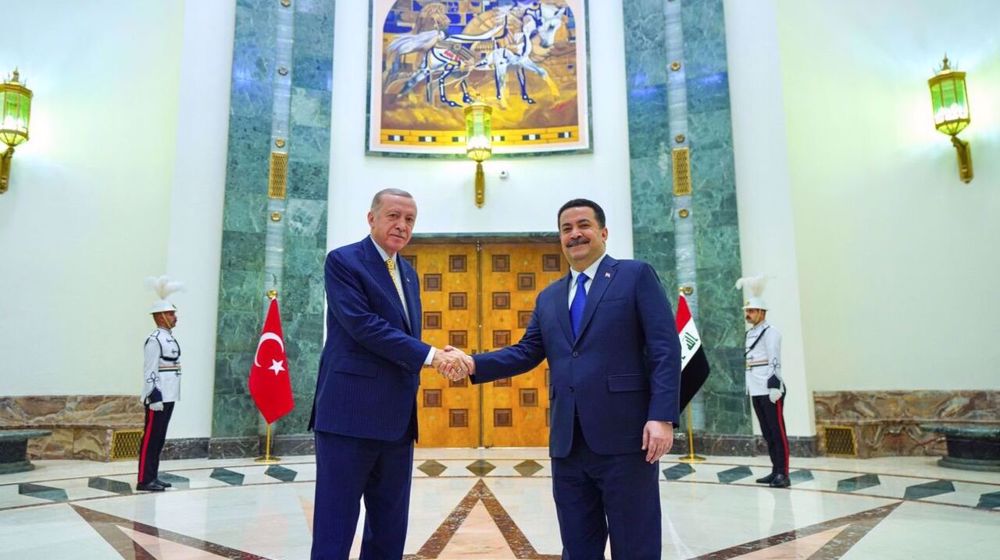

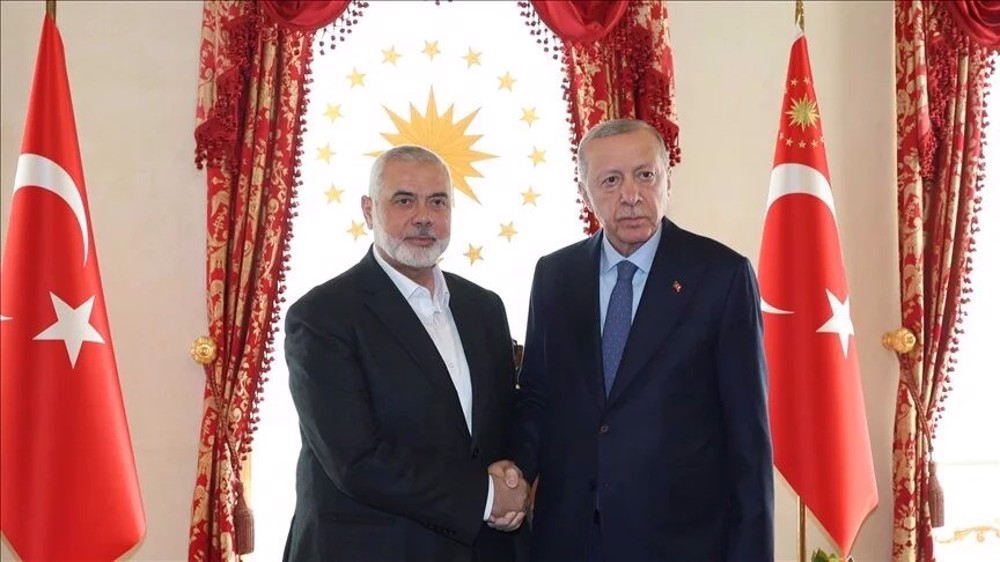




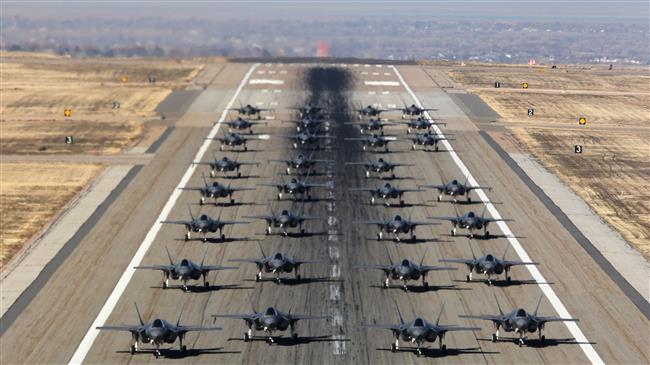
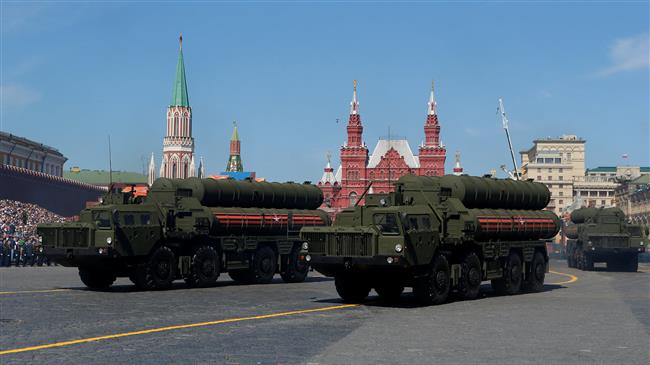
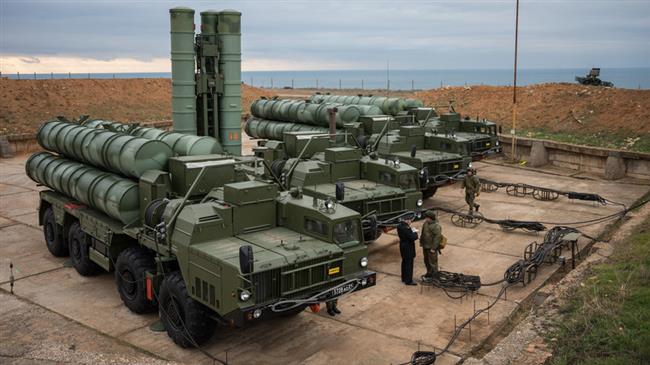
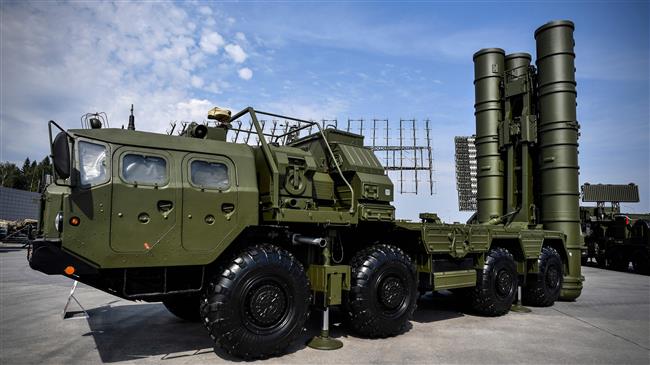

 This makes it easy to access the Press TV website
This makes it easy to access the Press TV website